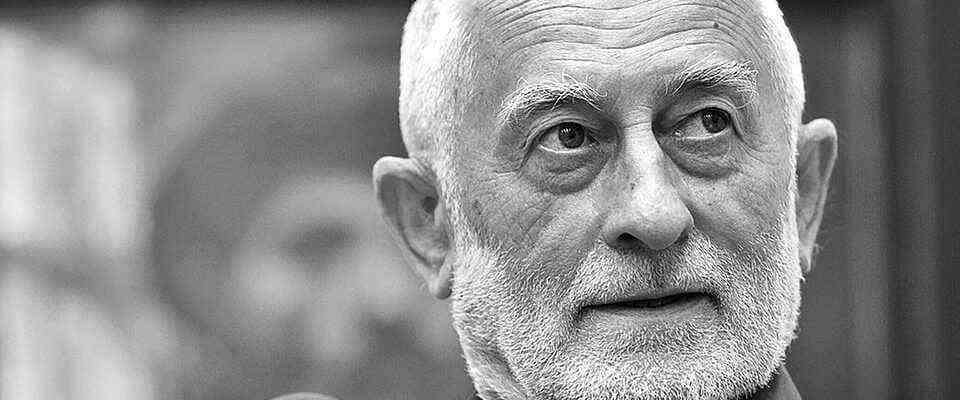Product designer in a roundabout way
Many of his designs were also created in collaboration with Lutz Rudolph. Both are considered congenial partners. Dietel became a product designer in a roundabout way. First he trained as a machine fitter and after his apprenticeship went to the engineering school for automotive engineering in Zwickau. He later studied at the art college in Berlin. He also made a name for himself as a university professor and functionary in the Association of Visual Artists. From 1988 to 1990 he was its president.
The “open principle” is characteristic of his designs. The fact that Dietel’s machines are still so popular today shows the sustainability that Dietel and Rudolph considered from the start when building their machines. Her idea is also known under the “open principle”. It is based on the fact that the components are easily recognizable, can be exchanged and repaired. A sustainable way of thinking that makes it possible to easily repair old machines even today.
This is why the Simson mopeds are still so popular today with tinkerers. Dietel has summarized further guidelines for its design in the “five L”: durable, light, lütt (small), life-friendly and quiet.
“Lost a formative German designer”
In addition to the models, Dietel’s works also include numerous ideas, sketches and city plans that the Chemnitz Art Collection only presented last year. The exhibition “simson, diamant, erika” provided insights into Dietel’s diverse oeuvre. In 2019 the museum acquired the collection and took over 8,800 sketches, models and photographs for it. The museum confirmed the news of death on Monday upon request.
The General Director of the Chemnitz Art Collections, Frédéric Bußmann, announced on Monday: “We have lost one of the great and formative German designers” who not only wrote German design history, “but also aesthetically refined and practically enriched the everyday lives of many people in eastern Germany “I have, as Bussmann emphasized. He has committed himself to the sustainable use of resources and is to be understood as a pioneer of ecological design. The Lord Mayor of Chemnitz, Sven Schulze, also declared: “He was the design face of the GDR.”
He was the design face of the GDR.
Dietel’s reputation lasted well beyond the end of the GDR: in 2014 he was awarded the Design Prize of the Federal Republic of Germany for his life’s work. At that time he said: “I see this as an appreciation for the work of many colleagues in the East”.

